The Nigerian Copyright Act
To reiterate, there are two set of rights to be protected in a song – a composition (lyrics, melody) and sound recording (the audio recording). Sound recording copyrights are owned by recording artists and their record labels while compositions are owned by the publishers and songwriters. Under the Nigerian Copyright Act, compositions are referred to as “musical works”.
Under the Nigerian Copyright Act, works eligible for copyright include literary, musical, artistic, cinematograph films, sound recordings and broadcast works.[17] Thus, musical works and sound recordings are copyrightable, although separately. There is no judicial clarity to the matter of music sampling so logical deductions will now be made from the Copyright Act.
1. Musical works
Under section 51 of the Nigerian Copyright Act, musical work is defined as any musical composition and includes work composed for musical accompaniment. An author in the case of a musical work means the creator of the work. Copyright in a musical work subsists for a period of 70 years to be calculated from the year the musical work was published.[18]
A musical work is only eligible for copyright when sufficient effort has been expended on making the work to give it an original character; and the work has been fixed in any definite medium of expression now known or later to be developed, from which it can be perceived, reproduced or otherwise communicated either directly or with the aid of any machine or device.[19] Copyright does not protect an artist’s idea of a song, for instance. Compositions must be contained in a “definite medium”, this extends to writing and MP3 recordings.
According to section 6 of the Act, copyright in the case of a musical work includes the exclusive right to make any adaptation of the work. Adaptation is defined by section 51 to mean the modification of a pre-existing work from one genre of work to another and consists in altering work within the same genre to make it suitable for different conditions of exploitation and may also involve altering the composition of the work. Music sampling is seemingly an “adaptation” of a musical work and the right to do so is therefore vested exclusively in the composer/songwriter.
Finally, a musical work shall not be ineligible for copyright by reason only that the making of the work or the doing of any act in relation to the work involves an infringement of copyright in some other work.[20] This means that unlicensed sampling does not deny the defaulting song of copyright. For instance, if artiste A samples artiste B’s hit and artiste A is further sampled by artiste C, Artiste A can initiate a suit for infringement as he is protected.
2. Sound recording
Sound recording means the first fixation of a sequence of sound capable of being perceived aurally and of being produced.[21] An author in the case of a sound recording of a musical work means the artist in whose name the recording was made.[22] Copyright in a sound recording subsists for 50 years.[23]
Copyright in a sound recording is the exclusive right to control the reproduction of the whole or substantial part of the recording either in its original form or in any form recognizably derived from the original. Music sampling typically entails reproduction of a substantial part of a prior recording. Control of this is clearly vested in the artist. The terminology “recognizably derived from the original” provides a useful test for both objective reasoning and adjudication. If part of a song can be recognized to be derived from another, then it is a “reproduction” and copyright is exclusively vested in the artiste or record label.
3. Infringement and clearing
Section 15 of the Act provides that infringement of copyright occurs when a person does anything which is controlled by copyright without the license or authorization of the owner.Under section 16, the owner, assignee or exclusive licensee of a copyright can sue for infringement of copyright in the Federal High Court. Criminal liability is also imputed for trade in infringing copies.[24]
Section 11 of the Act provides that copyright is transmissible by assignment as movable property. This means that an artist, record label, songwriter or publisher can transfer their copyright in a song to another person. According to sub-section 3, assignment of copyright must be in writing, except the assignment is non-exclusive.
Sub-section 2 further provides that the assignment of copyright may be limited so as to apply to only some of the acts which the owner of the copyright has the exclusive right to control. This strengthens the presumption that in obtaining license to sample music, rights are to be obtained from the artist for the sound recording and the composer for the musical works.
However, Sub-sections 5 and 6 provide for the possibility of co-owners. Accordingly, an assignment of copyright granted by one copyright owner is to have effect as if granted by his co-owner also, subject to any contract between them. Persons are co-owners if they share a joint interest in the whole or any part of a copyright or if they have interests in the various copyrights in a composite production.
It may then be a reasonable deduction from this provision that clearing of copyright can be executed by obtaining a license from the artiste/record label or the composer/publisher provided that there is a contract between these parties. A person who wishes to sample music need not find and clear with both parties separately. In case a record label has a contract with the artiste, songwriter and publisher over one song, the record label only may be approached for clearing.
Conclusion
The utility of these analyses is questionable in the Nigerian context because legal solutions are not sought to issues of unlicensed music sampling. On the rare occasions, an angry Instagram post is where it starts and ends. Again, is the issue with ignorance of copyright laws or the discouraging nature of court process? Or is it that music sampling is not negative from the Nigerian perspective? Is it that enforcing intangible rights is perceived as needlessly restrictive?
Moreso, the argument for music sampling rages on. Sampling is described as one of the best things to happen to music as new tracks constantly expose audiences to old hits. Music enthusiasts argue that combinations and manipulations are the future of creativity, a future that could be threatened by the cumbersome process of clearing. It is granted that the existential challenge of rights is that they are usually caught in between the enjoyment of one and the protection of another. Some ask, what is to be protected anyway? It is 2019. Nothing is original.
Perhaps I should consider the popular words of Jim Jarmusch, an American film director,
Nothing is original, steal from anywhere that resonates with inspiration or fuels your imagination. Originality is non-existent.

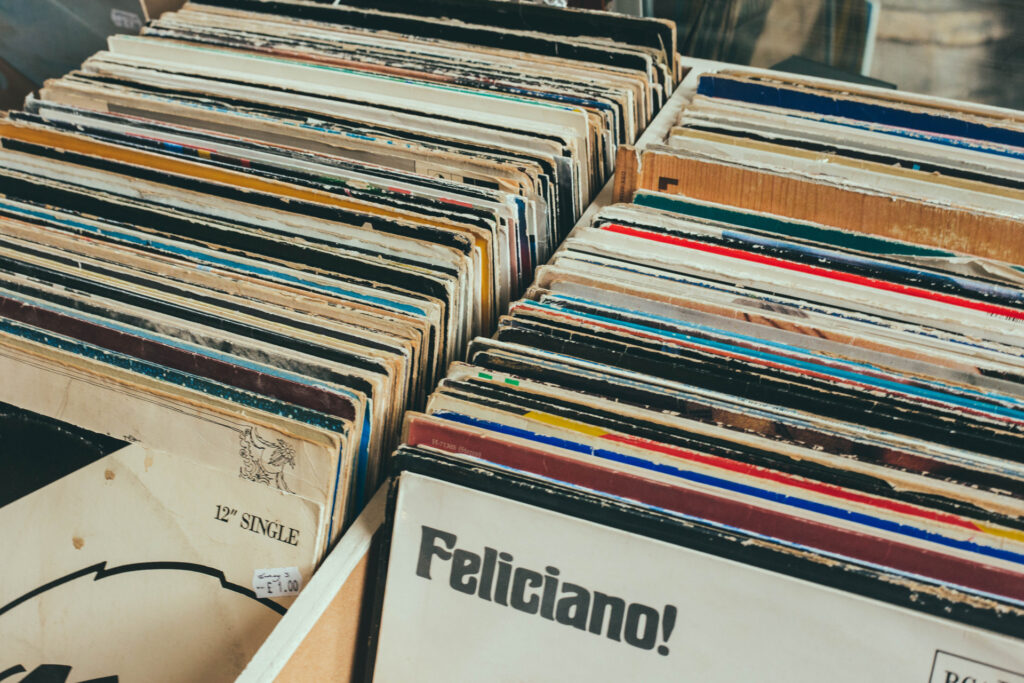
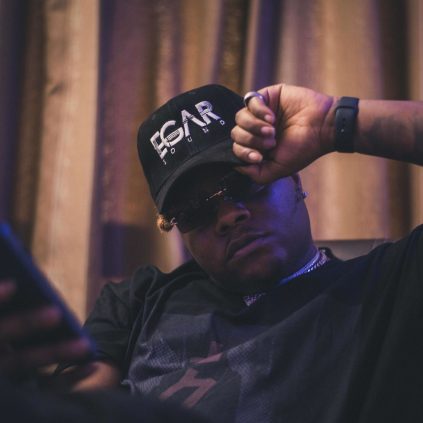
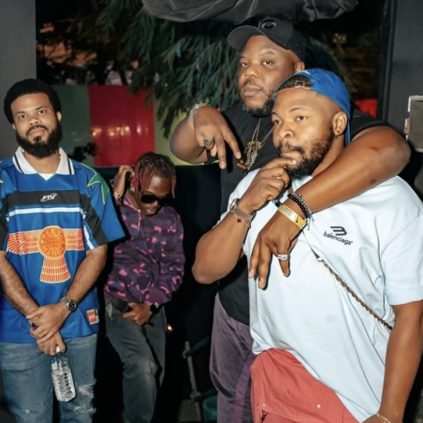
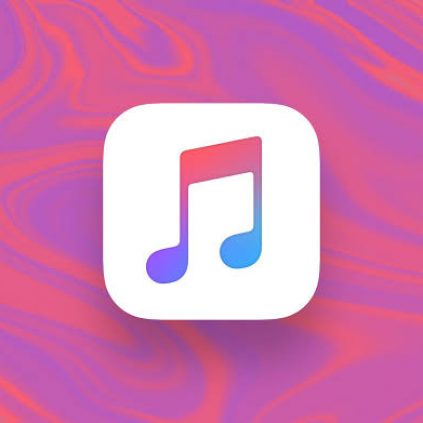
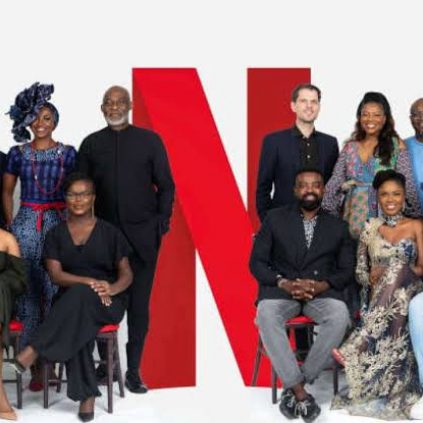
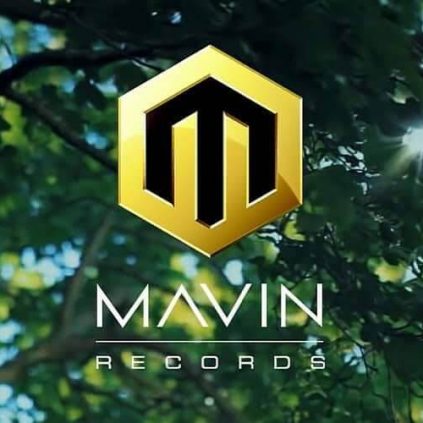
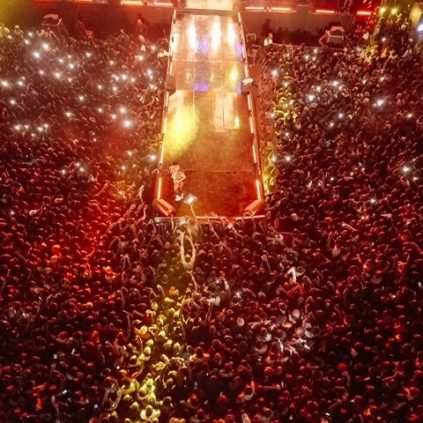
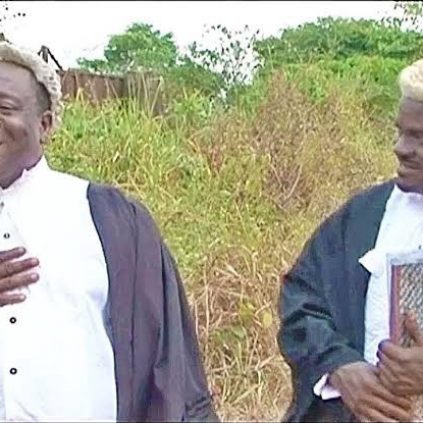
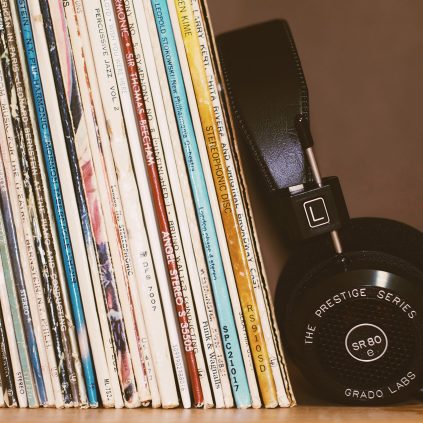
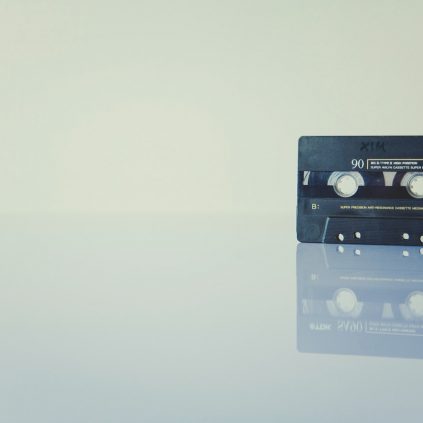

🔥🔥🔥🔥
Great stuff.
Absolutely splendid 👌